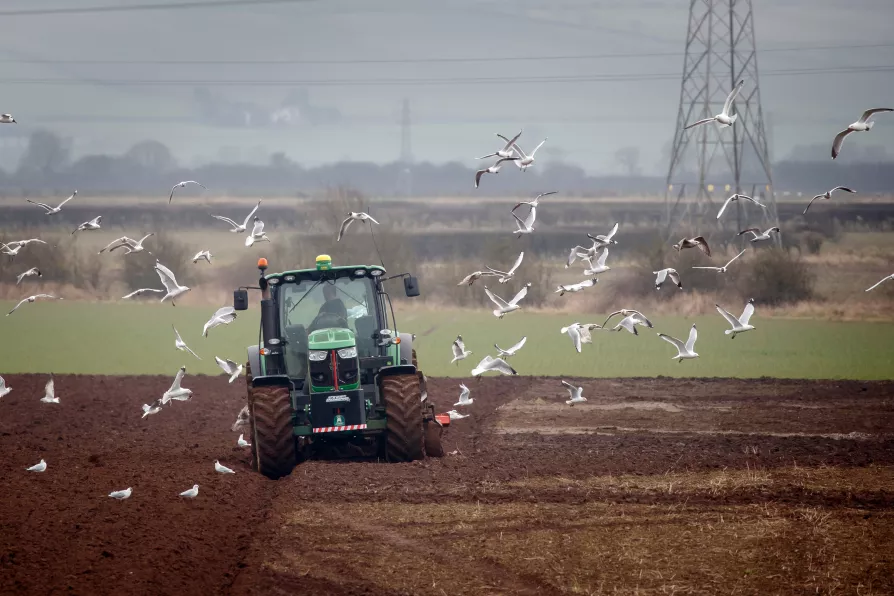John Wojcik pays tribute to a black US activist who spent six decades at the forefront of struggles for voting rights, economic justice and peace – reshaping US politics and inspiring movements worldwide


THE WAR in Ukraine has demonstrated how tenuous our food chain is. Climate change and July’s record-breaking heatwave served as a warning, as animals and crops struggled with the heat as much as humans. The threat of water shortage is back. Seven million adults visited a foodbank in May. And in a country that imports more than 80 per cent of its fruit and over 45 per cent of its vegetables from abroad, fuel price rises will affect food price rises.
Monopoly ownership in the energy, water and food sectors will ensure that prices carry on rising. To transform our countryside we need first to talk about land ownership, monopoly control of food retail, hedge fund speculation, climate change and long-term plans.
Who owns what?

The West’s dangerous pesticide dumping in Africa is threatening biodiversity, population health and food sovereignty, argues ROGER McKENZIE

CAROL WILCOX argues for the proper implementation of the land value tax, which could see unused plots sold off and landlords priced out of landlordism, potentially resolving the housing and planning crises

Hundreds of protesters rally outside global energy summit in London

The US president’s universal tariffs mirror the disastrous Smoot-Hawley Act that triggered retaliatory measures, collapsed international trade, fuelled political extremism — and led to world war, warns Dr DYLAN MURPHY









